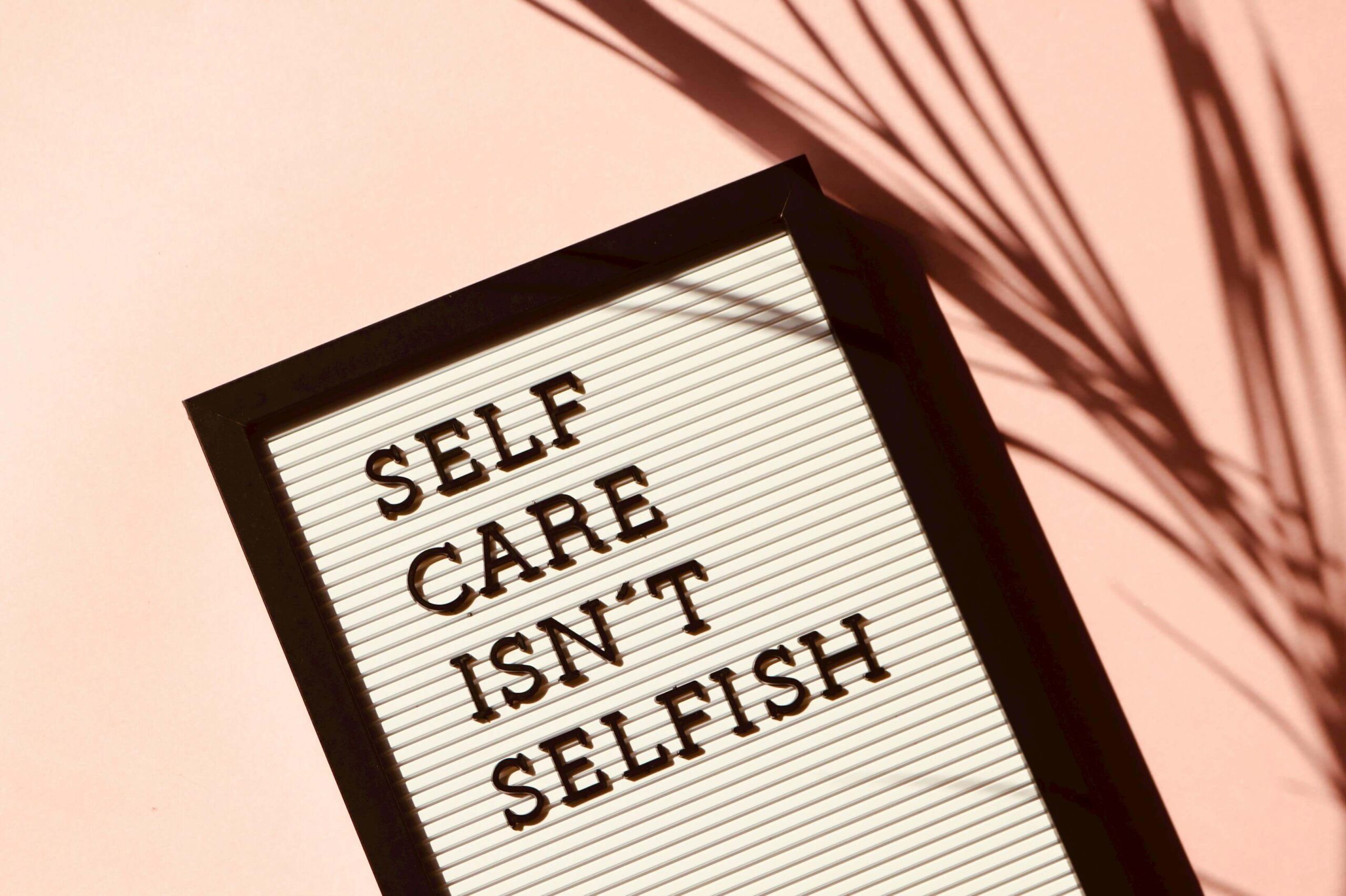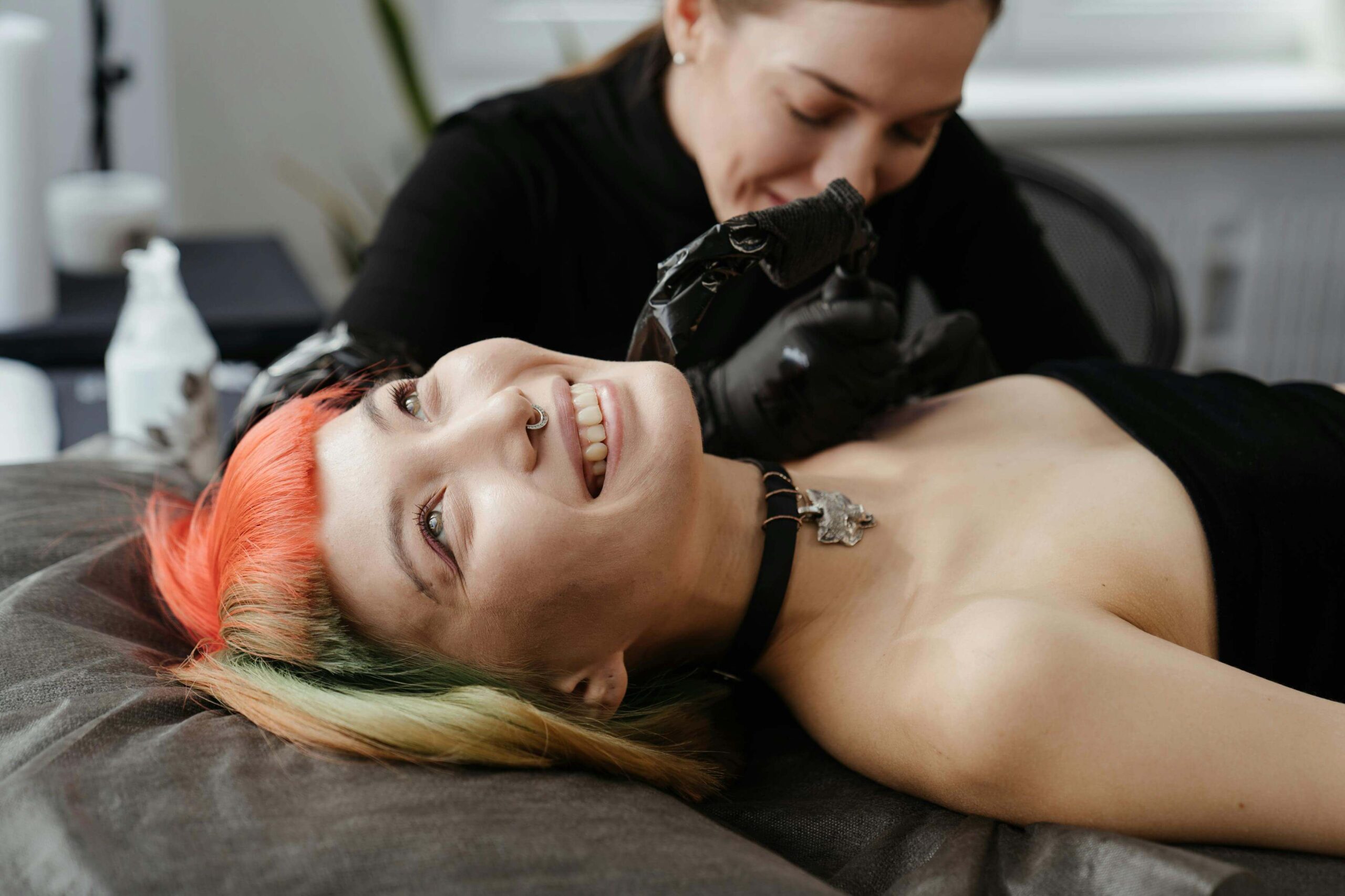Tattoos have long been celebrated as works of art adorning the skin, but their significance goes beyond mere aesthetics. For many, tattoos serve as powerful tools for self-expression, empowerment, and healing, offering a unique form of therapy for individuals navigating mental health challenges. In this blog, we’ll explore the therapeutic potential of tattoos and delve into how the tattooing process can positively impact mental health.
Self-Expression and Identity: Tattoos provide individuals with a means of expressing their innermost thoughts, emotions, and experiences in a tangible and visible form. For those struggling with mental health issues, tattoos can serve as symbols of strength, resilience, and identity, allowing them to reclaim ownership of their bodies and narratives.
Empowerment and Control: The act of getting a tattoo empowers individuals to make choices about their bodies and exercise a sense of control over their physical appearance. This sense of agency can be especially empowering for individuals struggling with mental health issues, providing them with a sense of autonomy and self-determination in the face of adversity.
Catharsis and Healing: The tattooing process itself can be a deeply cathartic and healing experience for individuals grappling with emotional pain or trauma. The rhythmic motion of the tattoo needle, combined with the release of endorphins and adrenaline, can induce a state of relaxation and euphoria similar to that experienced during meditation or mindfulness practices.
Symbolism and Meaning: Tattoos often carry profound symbolism and meaning for the individuals who choose to adorn their bodies with them. Whether it’s a memorial tattoo honoring a lost loved one, a mantra or affirmation serving as a daily reminder of resilience, or a symbol representing personal growth and transformation, tattoos can serve as powerful anchors for individuals navigating mental health challenges.
Connection and Community: The tattooing process provides opportunities for individuals to connect with others who share similar experiences and interests. Tattoo studios often serve as inclusive and welcoming spaces where individuals can find a sense of belonging and community, free from judgment or stigma. The relationships forged between clients and tattoo artists can provide valuable sources of support and encouragement.
Mindfulness and Presence: The act of getting a tattoo requires individuals to be fully present and mindful, focusing their attention on the sensations and experiences unfolding in the present moment. This mindfulness practice can help individuals temporarily escape from rumination or intrusive thoughts and cultivate a sense of peace and tranquility within themselves.
Personal Growth and Transformation: For many individuals, the process of getting a tattoo represents a journey of personal growth and transformation. Each tattoo serves as a marker of progress, resilience, and self-discovery, reflecting the individual’s evolving identity and experiences. Over time, tattoos can serve as tangible reminders of the strength and courage it took to navigate mental health challenges and emerge stronger on the other side.
Tattoos have the power to transcend mere decoration and serve as potent tools for self-expression, empowerment, and healing, particularly for individuals navigating mental health challenges. Through self-expression and identity, empowerment and control, catharsis and healing, symbolism and meaning, connection and community, mindfulness and presence, and personal growth and transformation, tattoos offer a unique form of therapy that can positively impact mental health and well-being. Embrace the transformative power of tattoos, and let your ink be a symbol of resilience, strength, and hope on your journey toward healing and self-discovery.



